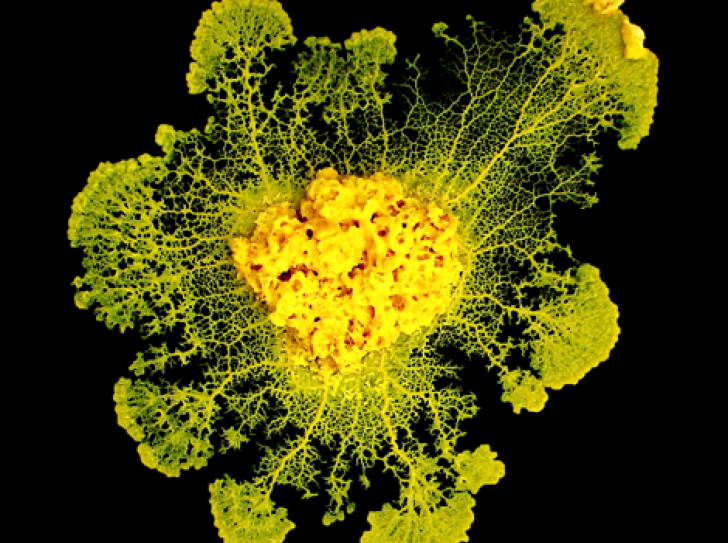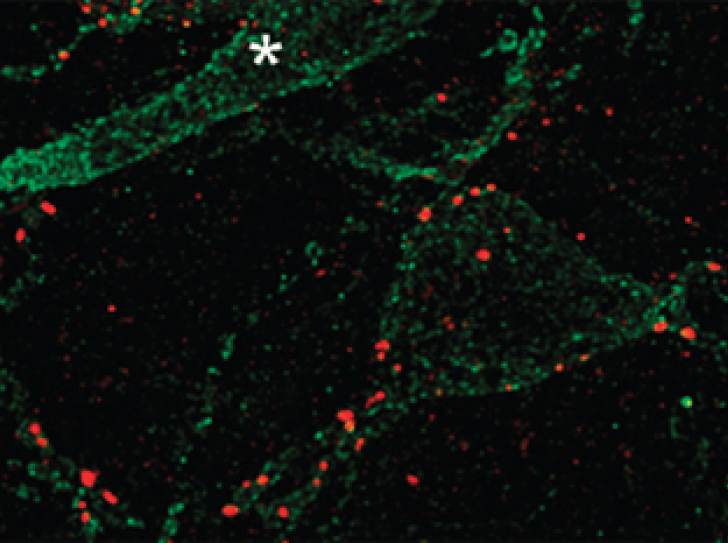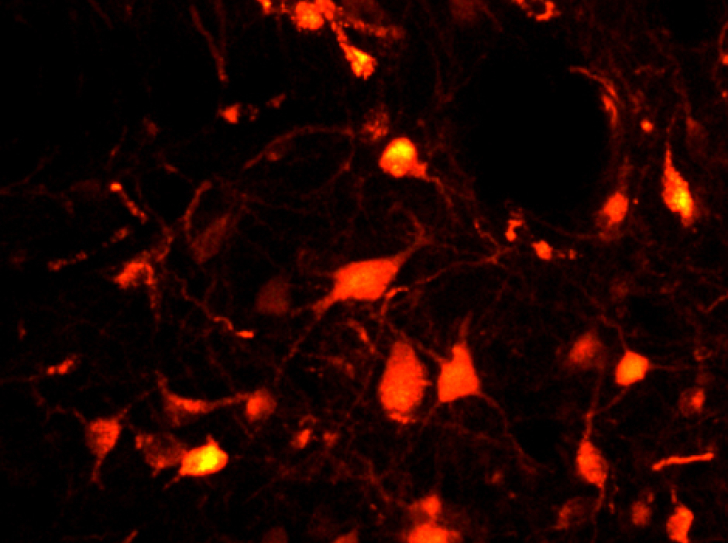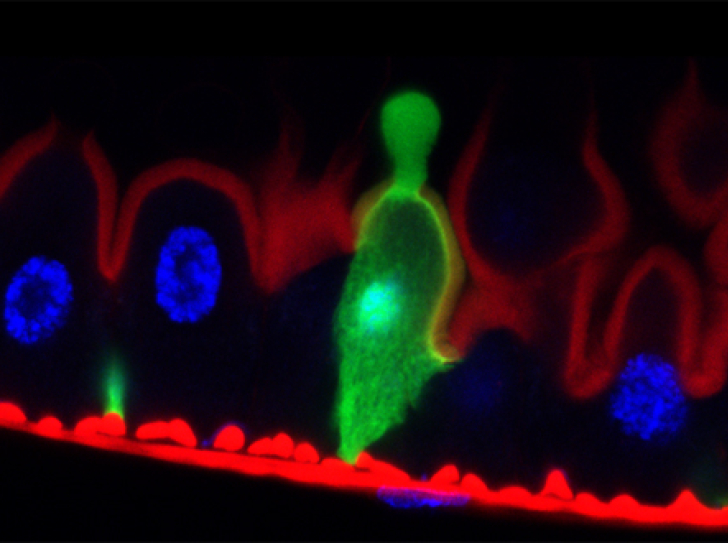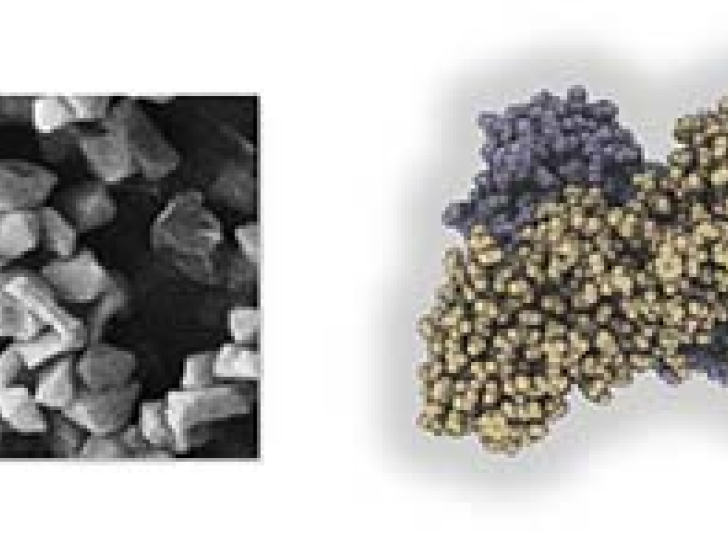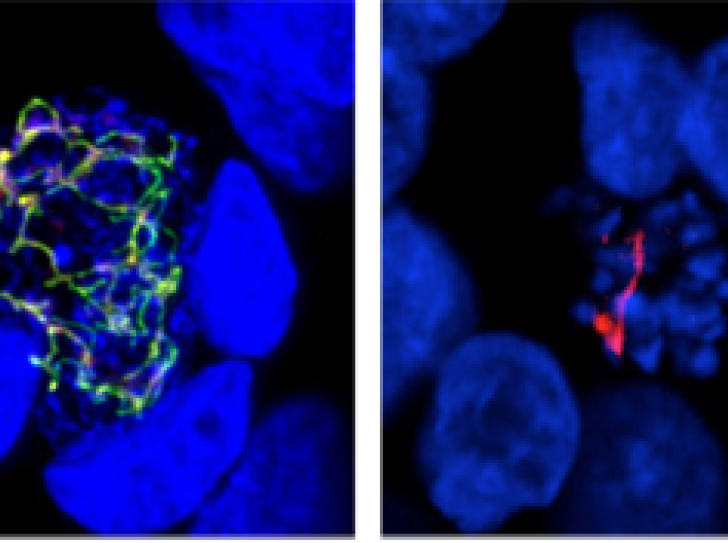News round-up
232 results
Press
The blob can learn - and teach !
It isn't an animal, a plant, or a fungus. The slime mold (Physarum polycephalum) is a strange, creeping, bloblike organism made up of one giant cell…
Read more
Press
Optical control of a neuroreceptor alleviates chronic pain
Pain serves as a valuable warning signal, but when it becomes chronic, pain should be considered as a real disease. An international team including…
Read more
Press
Neurons paralyze us during REM sleep
During REM sleep, the brain inhibits the motor system, which makes the sleeper completely immobile. CNRS researchers working in the Centre de…
Read more
Press
Intestinal cells stave off bacteria by purging
Though purging is not prescribed as often as it was centuries ago, intestinal cells known as enterocytes frequently resort to this age-old remedy…
Read more
Press
Cheese: a matter of love or hate
Until now, the reason why some people hate cheese has been a mystery. Researchers at the Centre de Recherche en Neuroscience de Lyon (CNRS/INSERM…
Read more
Press
The structure of the BinAB toxin revealed : one small step for Man, a major problem for mosquitoes !
Could we get rid of mosquitoes without polluting the environment? Yes, we can! The BinAB toxin, produced in crystal form by a bacterium, specifically…
Read more
Press
The birth of politics in children : the case of dominance
As they grow up, do children become young Robin Hoods? Depending on their age, they do not allocate resources in the same way between dominant and…
Read more
Press
How plant roots sense and react to soil flooding
While we already knew that plant roots were capable of sensing many individual soil characteristics (water, nutrients and oxygen availability), we…
Read more
Press
Placenta in females, muscle mass in males: the dual heritage of a virus
It was already known that genes inherited from ancient retrovirusesThe particular feature of retroviruses is that they possess an enzyme that permits…
Read more
Press
Malaria and toxoplasmosis have an Achilles heel from plants
To survive, the parasites responsible for malaria and toxoplasmosis depend on mechanisms inherited from the plant world. This is what a team of…
Read more

